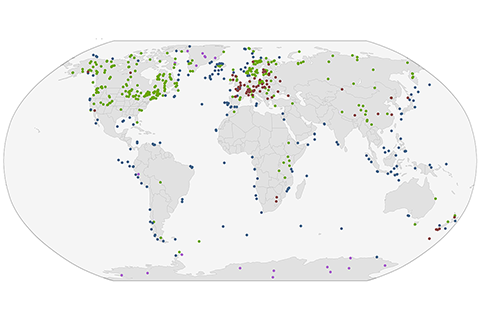
The most comprehensive database ever assembled of paleoclimate proxies that tell scientists about temperatures since the last ice age ended around 12,000 years ago has been released to the public.
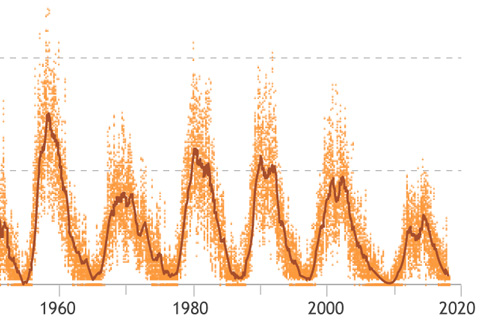
Observations of sunspots and other indicators of solar activity indicate no changes that could have caused global warming over the past half century.
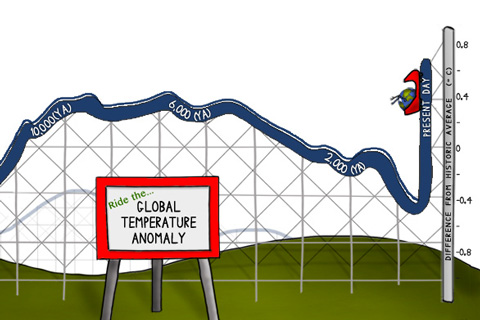
Today's global warming is happening at a much faster rate today than it did in the warm periods between ice ages over the last million years.
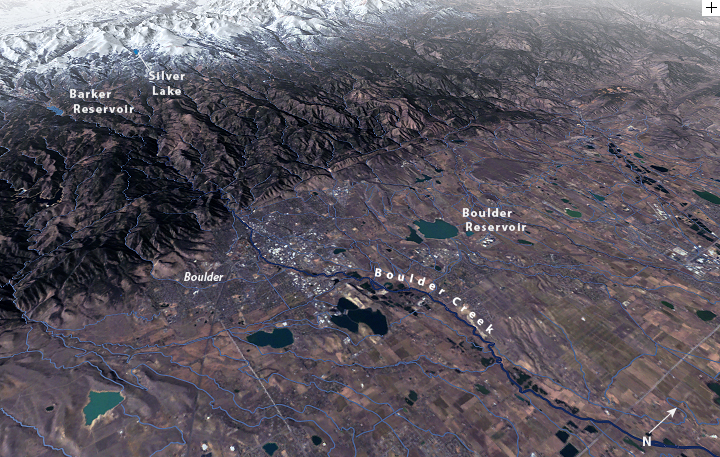
For decades, the City of Boulder, Colorado, has been successfully managing its water supply despite the challenges of being located in a semi-arid climate. But a local water manager wonders if climate change will change the rules of the game...
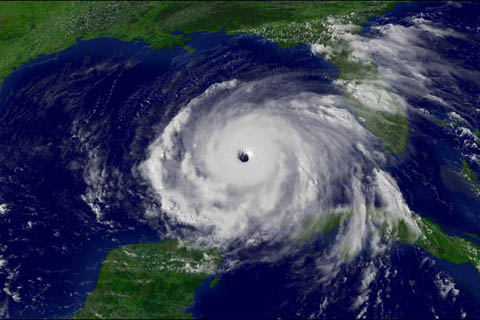
Christopher Landsea, of NOAA’s National Hurricane Center, works with tropical storm data and other hurricane experts to figure out how our warming world will affect hurricanes. Find out what current research tells us about hurricanes in the future.
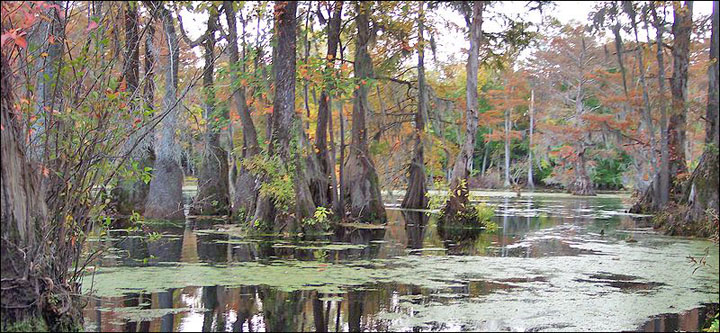
How is climate change affecting bird migration patterns? Birdwatchers across the country and around the world are contributing their time, both in the field and online, to answer that question.

NOAA researchers have built a "time machine" for weather that provides detailed snapshots of the global atmosphere from 1891 to 2008. The system's ability to "hindcast" past weather events is emerging as a powerful new tool for detecting and quantifying climate change.
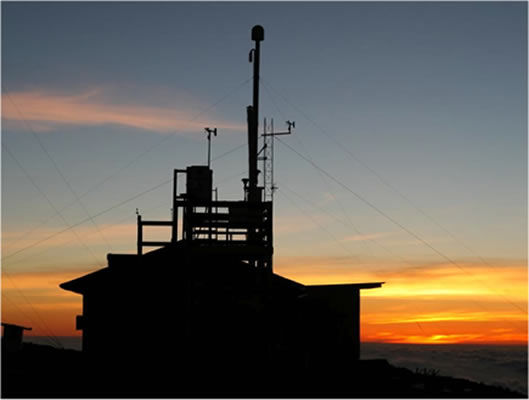
Carbon dioxide is everywhere: in the air, rising from cracks in the ocean floor, and in your soda can. Now it's showing up in the news! Find out why carbon dioxide is such a hot topic, and why it's going to be around for a long, long time.
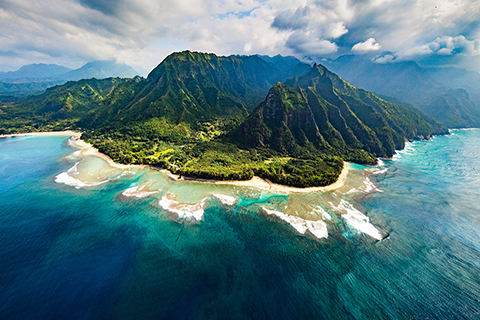
In a tweet chat featuring four NOAA marine experts, learn about the National Marine Ecosystem Status website, how to use it, and why you should care about the health of marine ecosystems.
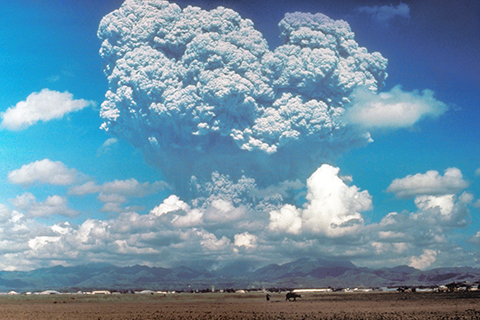
Not a Mad Lib! Our blogger lays out some of the evidence for and against the notion that volcanic eruptions can trigger El Niño.